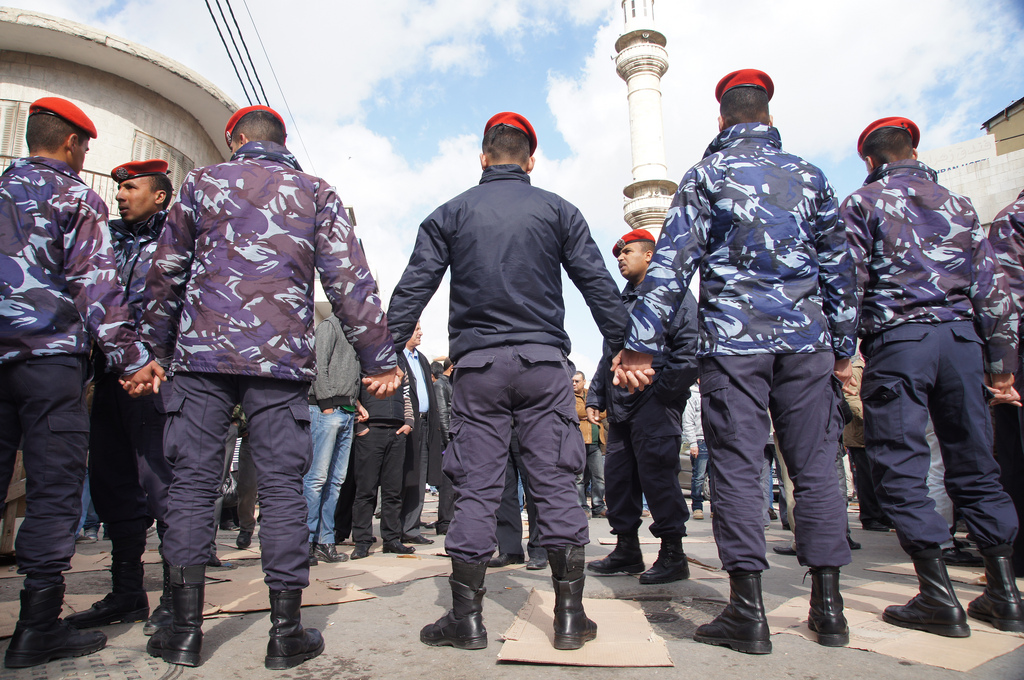
Seasons of the Arab Spring: A Review
On Thursday, January 22, the International Affairs Department hosted a panel discussion, “Seasons of the Arab Spring.” Contributors included Northeastern professors, Denis Sullivan, Valentine Moghadam, and Berna Turam. Visiting scholars Dr. Emily Curry and Shamiran Mako also participated in the panel. The discussion focused on five countries and their involvement in the Arab Spring: Egypt, […]
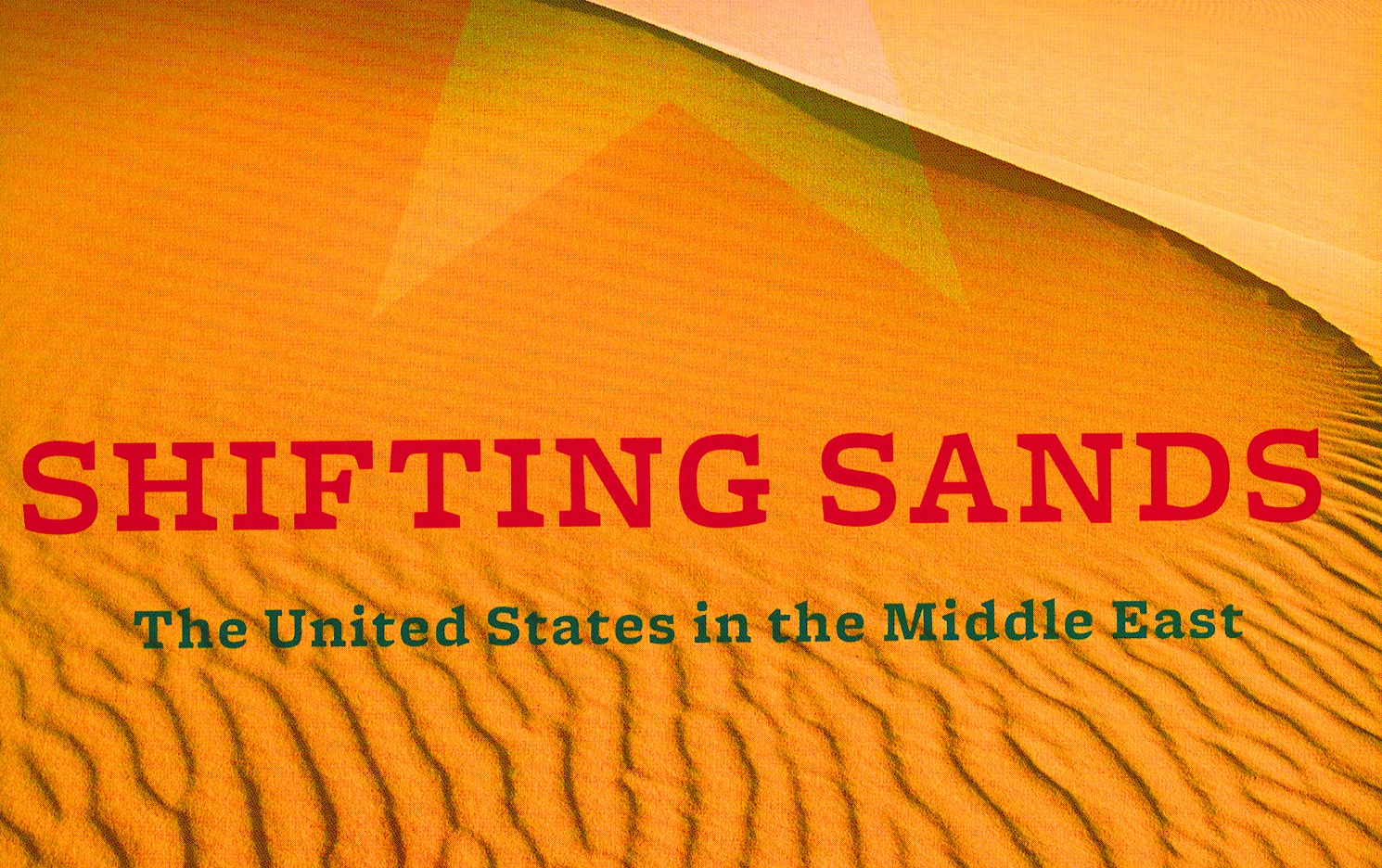
US Policy in the Middle East
On Tuesday September 16, 2014, Professor Joel Migdal gave a guest lecture at Northeastern University about his new book Shifting Sands-The United States in the Middle East. His presentation focused on the four main ideas throughout the book: the United States’ global role post World War II, the transition of main powers in the Middle […]
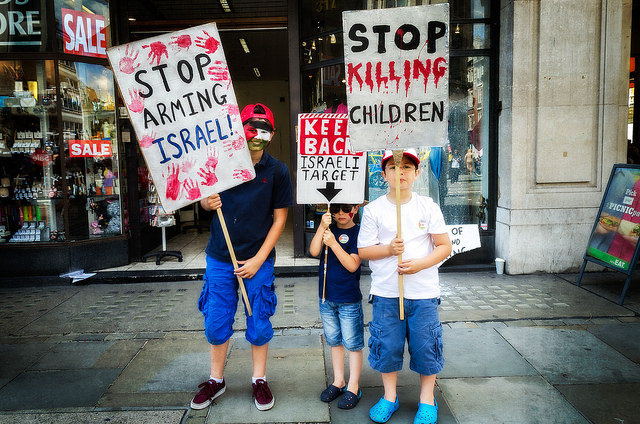
Gaza From Afar
On Tuesday September 9, Dov Waxman made his professorial debut to the Northeastern community with his lecture on the Gaza-Israel War. The lecture and Q&A session, Judging the Gaza War (From Afar), were part of the university’s series on Controversial Issues in Security Studies. Admittedly reluctant to address the topic, Professor Waxman opened his lecture […]
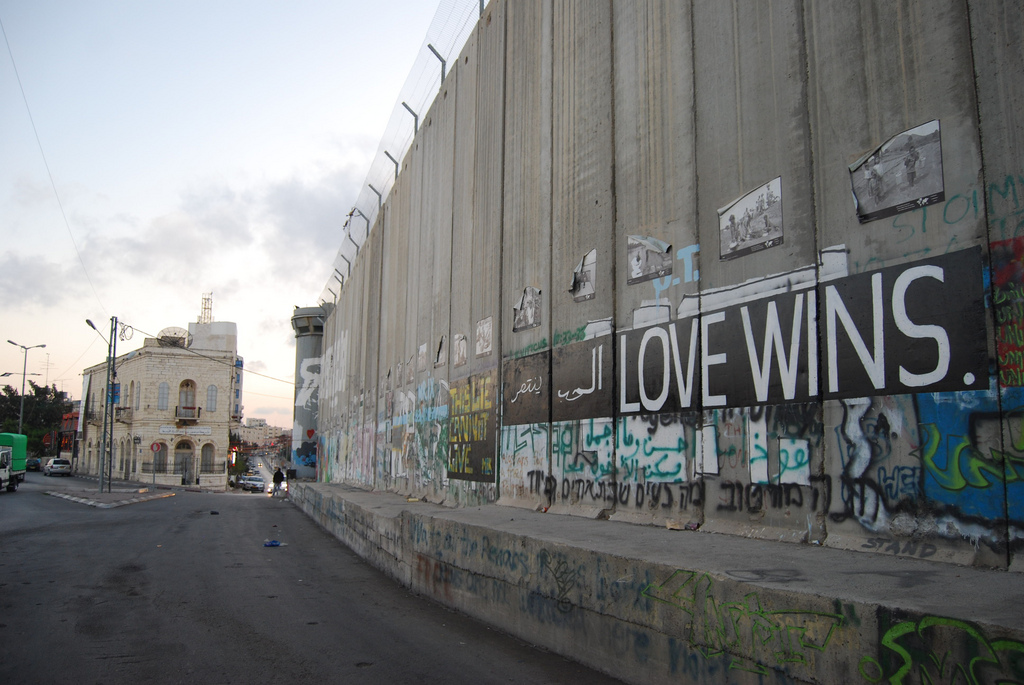
Safety at a Price: The Effect of Israel’s Security Culture on Palestinians in the West Bank
From the 25-foot tall concrete barrier wall to the hundreds of military checkpoints, Israel employs a pervasive security culture in the West Bank. Since Israel’s controversial creation, it has faced numerous security risks, from terrorist attacks to foreign invasions, all of which potentially pose a threat to Israel’s sustained national security. These external risk factors […]
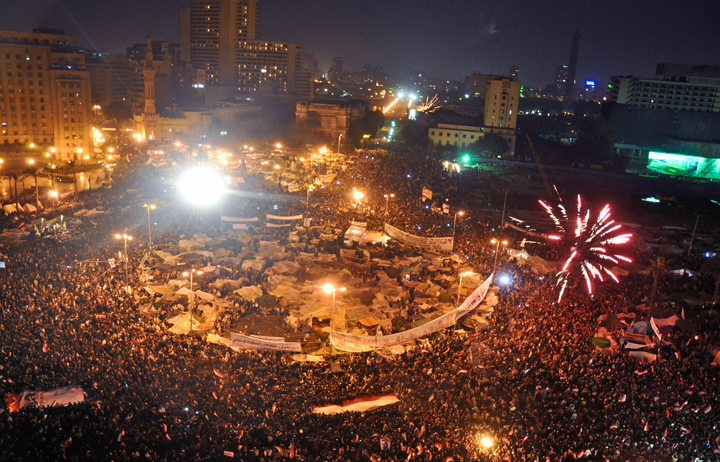
Military Politicization in the Arab Spring
The Arab Spring in Northern Africa and the Middle East is arguably the first widespread liberal democratic uprising in the history of the region. While nearly every country in this area of the world experienced backlash against the government in one form or another, the North African Arabian belt, specifically Egypt, Tunisia, Libya, and Algeria, […]

When the Audience Disagrees: A Conversation with the Iraqi Ambassador to the United Nations
The environment of the Boston University Trustee Room was too inorganic for the event at hand; with crystal chandeliers, damask wallpaper, and heavy drapes obscuring the ninth-floor view of greater Boston, it seemed more appropriate for weddings and luncheons than an academic discussion over the future of a country. However, when Mohammad al-Hakim, the […]
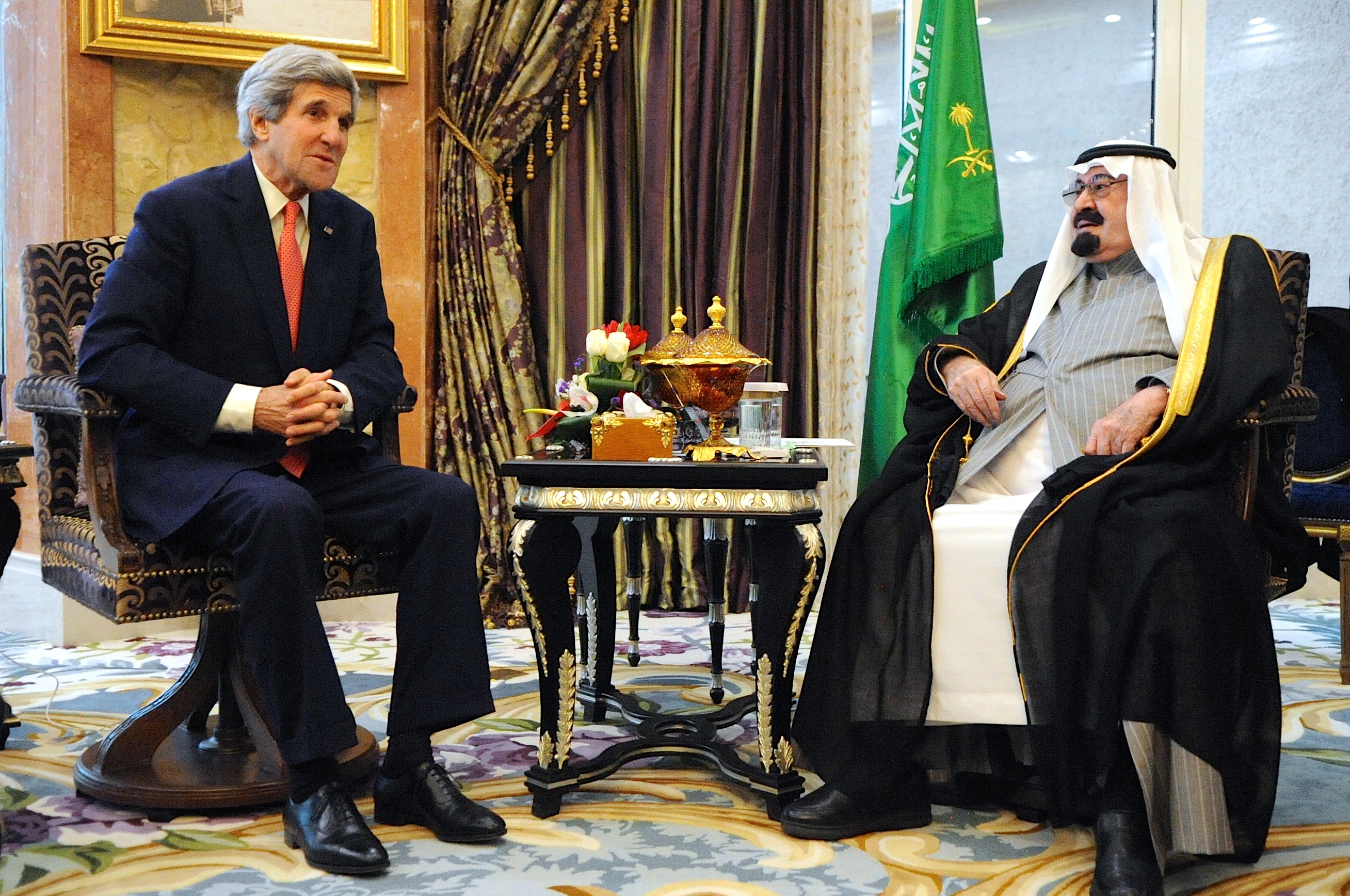
The Future of Saudi-US Relations
In a stark refusal that shocked the international community, the Saudi Arabian Ministry of Foreign Affairs announced “the manner, the mechanisms of action, and double standards existing in the Security Council prevent it from performing its duties and assuming its responsibilities towards preserving international peace and security.”[1] The move by the Saudi Arabians to […]
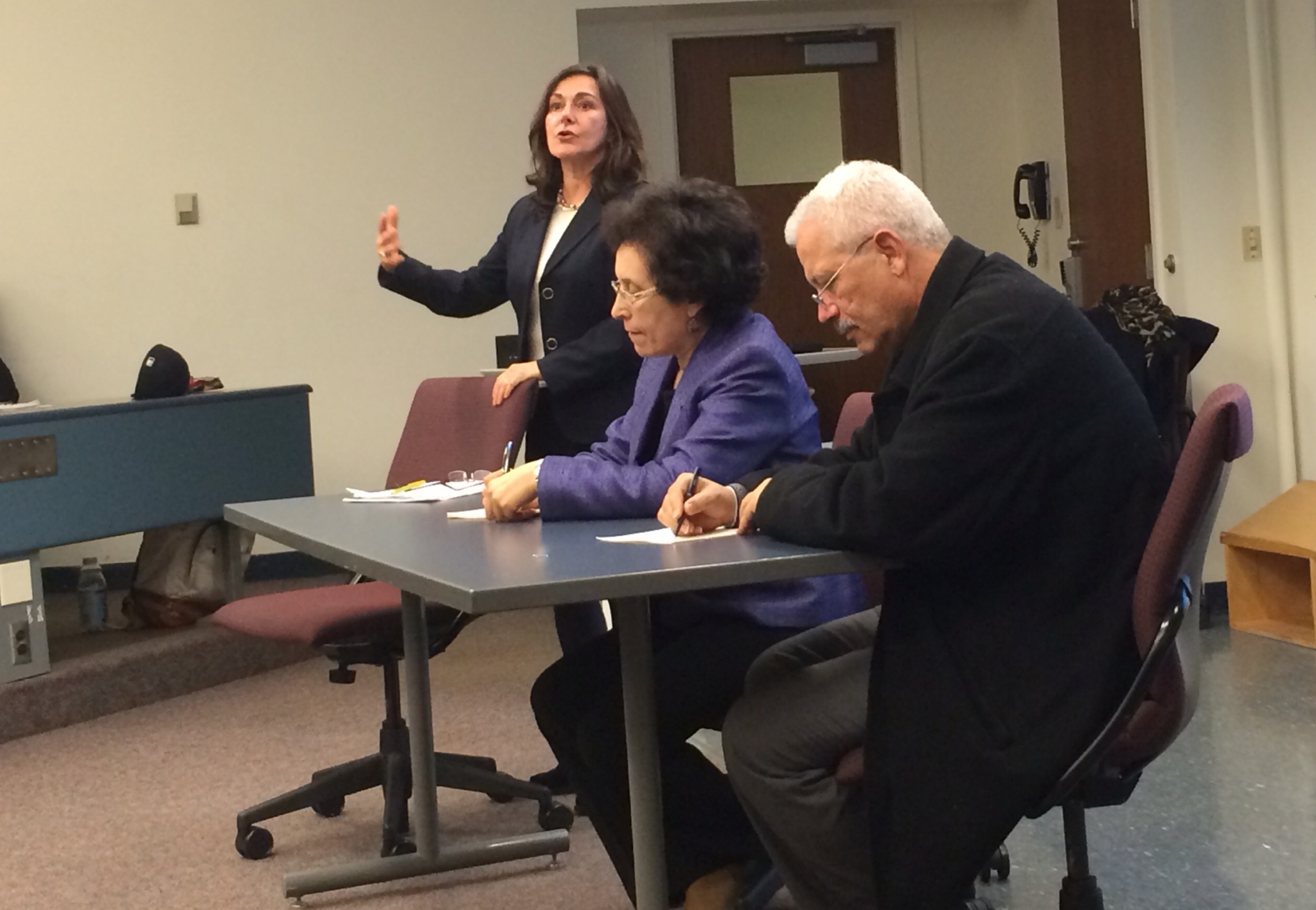
Progress Report: The Development of Democracy and the Evolving Role of Women in Post-Revolutionary North Africa
This Tuesday, the Center for International Affairs hosted a panel discussion on North Africa and the Arab Spring. In the aftermath of the Arab Spring, people worldwide are left wondering just how successful these North African revolutions were in achieving their core goals of establishing democracy, toppling authoritarian regimes, and promoting regional growth and […]

Syria’s Frontlines: Creative Resistance as a Tool to Challenge the Official Discourse
The Syrian uprising is not merely an armed struggle between regime forces and different opposition groups, as the mainstream media and politicians describe it. When looking closer at the uprising, something becomes clear; there is also a cultural struggle with words as the primary weapon in music, literature, humor, slogans and theatre that is taking place […]
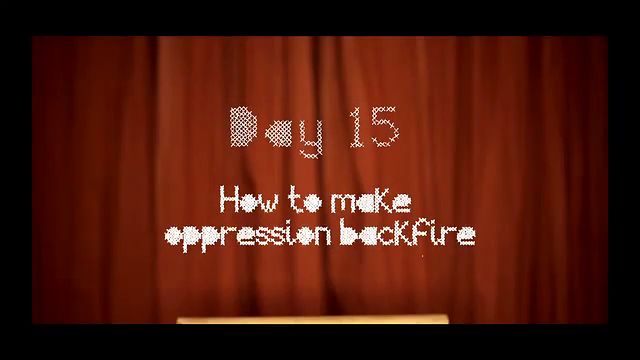
Making Oppression Backfire
Although Turkey, Egypt, Brazil, and Syria may not at first glance seem to have much in common politically, over the last few months they have been united by a current that has been growing stronger for decades. Most visibly manifested through mass protests, the phenomenon of nonviolent social change is much more than that, proven […]
